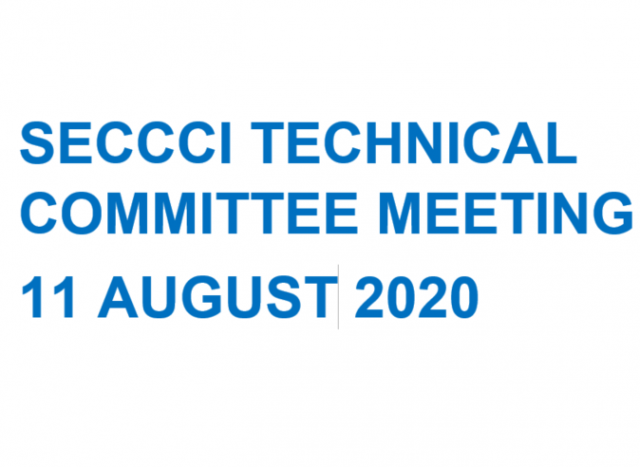The EU co-funded SECCCI project held its second TC meeting virtually via zoom on 11 August 2020. The meeting was co-chaired by Dr. Jide Okeke (UNDP RSCA Regional Programme Coordinator) and Mr. Camlus Omogo (CEWARN Director).
The meeting was attended by 49 participants in total which consisted of representatives from central and local governments of the Member States (Ethiopia, Kenya and Somalia), representatives from other cross-border projects funded by the EUTF, IGAD (including CEWARN, ICPALD and ICPAC) as well as UN Agencies (UNRCOs [ET, KE, SO] UNEP, UNDP RSCA and COs [ET, KE, SO] including Africa Borderlands Centre Nairobi Thematic Hub).
The main objectives of the meeting were the following:
- To create a common understanding on the year 2 annual progress of the SECCCI project and to find possible solutions for the challenges the project faced during the year;
- To provide updates on the implementation status of the previous TC recommendations, including outcomes of the Mid-term Evaluation;
- To discuss the future of the SECCCI project;
- Present and endorse the work plan for the period July 2020-February 2021.
Achievements
Overall, MS, and UN Country offices (including RCOs) from the three countries were reminded on the effort of cross-border cooperation led by the SECCCI project. Participants were briefed and updated on the project’s achievements, challenges, lessons learnt, mid-term evaluation, work plan, exit strategy as well as the coordination status with other relevant partners. There was no objection made on the mid-term evaluation report, work plan and exit strategy.
The project received key recommendations to be submitted to and adopted by the Steering Committee (SC), whose meeting is scheduled for August 25th and will be co-chaired by the IGAD Executive Secretary and UNDP RSCA Director.
Below are draft recommendations that will be shared to the participants for their final review.
- To ensure central and local authorities of the member states, especially Somalia, are properly involved in all stages of project implementation;
- To address coordination issues and make sure that member states, at both local and national level, are involved in the activities focusing on peace building and conflict management, setting up Cluster offices as well as water data system and conducting assessments;
- To finalize the procurement of furniture and supply as well as comply with the security arrangements for SECCCI’s field office in Cluster III;
- To ensure Cluster offices continue being operational after project’s end;
- To incorporate gender and human rights parameters in future programming for SECCCI;
- To ensure the sustainability of the Knowledge Management Platform (KMP) beyond SECCCI’s lifecycle;
- To raise awareness on the KMP and make sure relevant SECCCI knowledge products are effectively disseminated through the latter;
- To define the project’s future communication strategy on the dissemination and visibility of the project’s best practices/lessons learnt;
- To ensure that the project’s achievements are effectively captured and that the project activities’ impacts on the ground is properly measured;
- To evaluate the project’s contribution to the security, development and peace nexus in the region/project areas;
- To define an adaptive implementation strategy considering the current context of the Covid-19 pandemic;
- To discuss and explore the possibility of a project’s no-cost extension, to be discussed at a later stage and to be based on the successful implementation of a realistic work plan within the current time frame of the project (February 2021).

